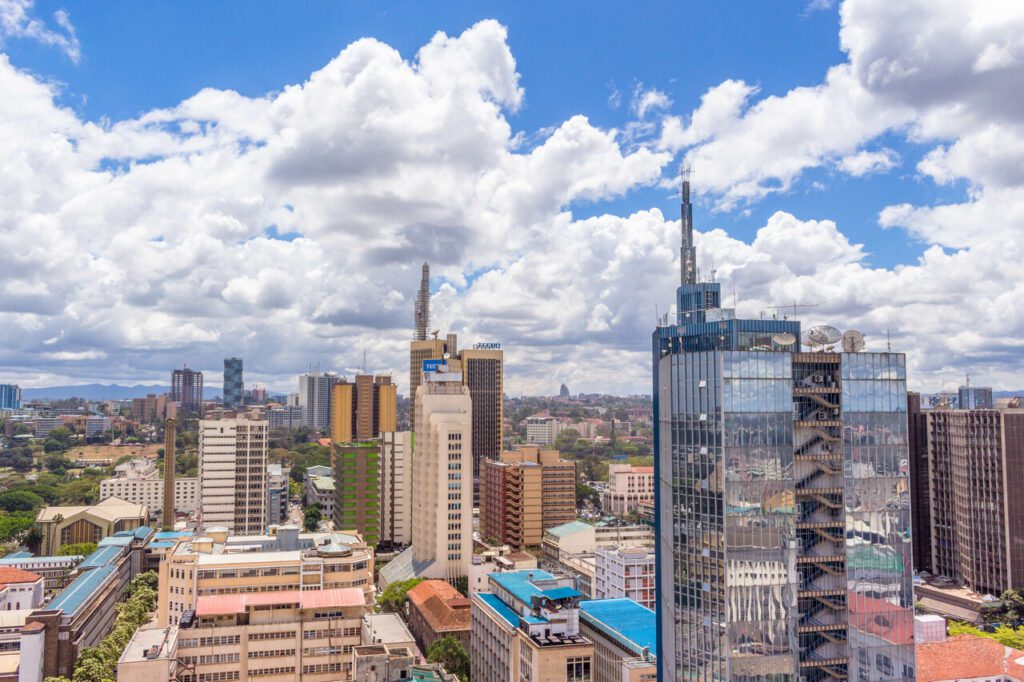Visitors to Kenya will no longer need a visa to enter the East African nation starting in January, President William Ruto announced on Tuesday.
Ruto said Kenyan officials had developed a digital platform to ensure all visitors would receive an electronic travel authorization prior to arrival, which would eliminate the need to apply for a visa.
“”It shall no longer be necessary for any person from any corner of the globe to carry the burden of applying for a visa to come to Kenya,” he said at an event commemorating the 60th anniversary of the country’s independence from the United Kingdom.
Ruto has been a vocal advocate for visa-free travel. He announced in late October that Kenya would grant visa-free entry to all African nationals by the end of 2023, becoming the fourth country on the continent to do so.
Kenya’s move to provide all visitors visa-free travel entry comes after Minister of Tourism and Wildlife Alfred Mutua said in November at the World Travel & Tourism Council Global Summit in Rwanda that the country was considering scrapping visa requirements for visitors outside of Africa.
